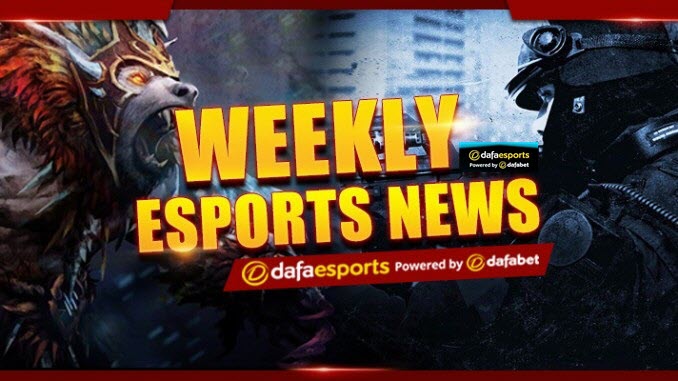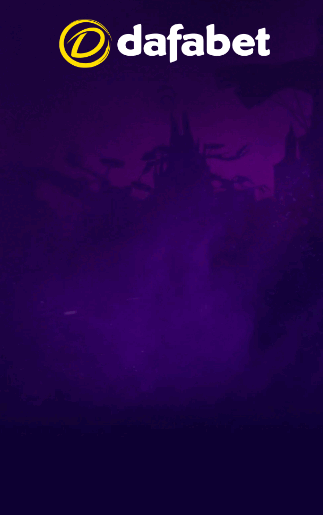
Team Vitality has done a volunteer job in revealing that expectations of fans of eSports for a structured eSports league for women and other marginalized genders in competitive League of Legends may not see the light of the day, suggesting that it may have been abandoned.
The successes of VALORANT’s Game Changers gave hopes of esports league for women and marginalized genders with Vitality initially, but Riot Games has since seized to communicate on the project.
It is understandable to see where Team Vitality’s grouse stems from because they are one of several European esports organizations that have invested a lot into their women’s League of Legends rosters.
They have a roster named “Rising Bees” roster with their players currently running on full-time contracts and captained by Velouria “Viki” Baty. Irrespective of the healthy working environment that Team Vitality has provided its women’s team, Viki, and Team Vitality Director of Esports Anne Banschbach are disappointed that enough support isn’t coming from Riot Games.
“Unfortunately, we have not heard back from them. We don’t know if there is anything happening, seeing a situation where funds for women’s esports are being pulled when that should be a joint focus with organizations and publishers.” Anne said.
VALORANT Game Changes held a championship in 2022, which went on to break records, including the most viewed tournament for a PC-based women’s esports tournament. They also provided a full schedule of official tournaments for women and marginalized genders.
However, a new turn of events at Riot Games, which saw staff laid off, had a huge impact on the VCT Game Changers team. Last year, there was an attempt on a small scale to display the talents of marginalized genders in North America by floating the LCS Game Changers program.
That edition of the Game Changers was on broadcast, a step higher despite the launching of the program actually happening two years earlier in 2021. However, only three rosters participated, and the project was underfunded and undersupported.









